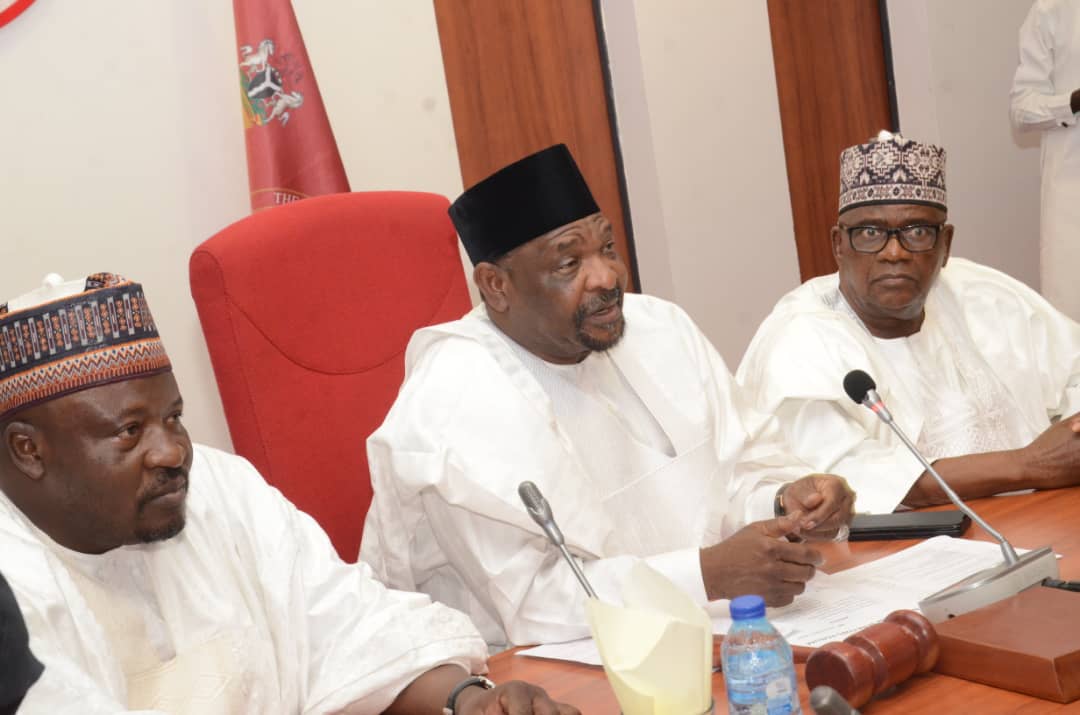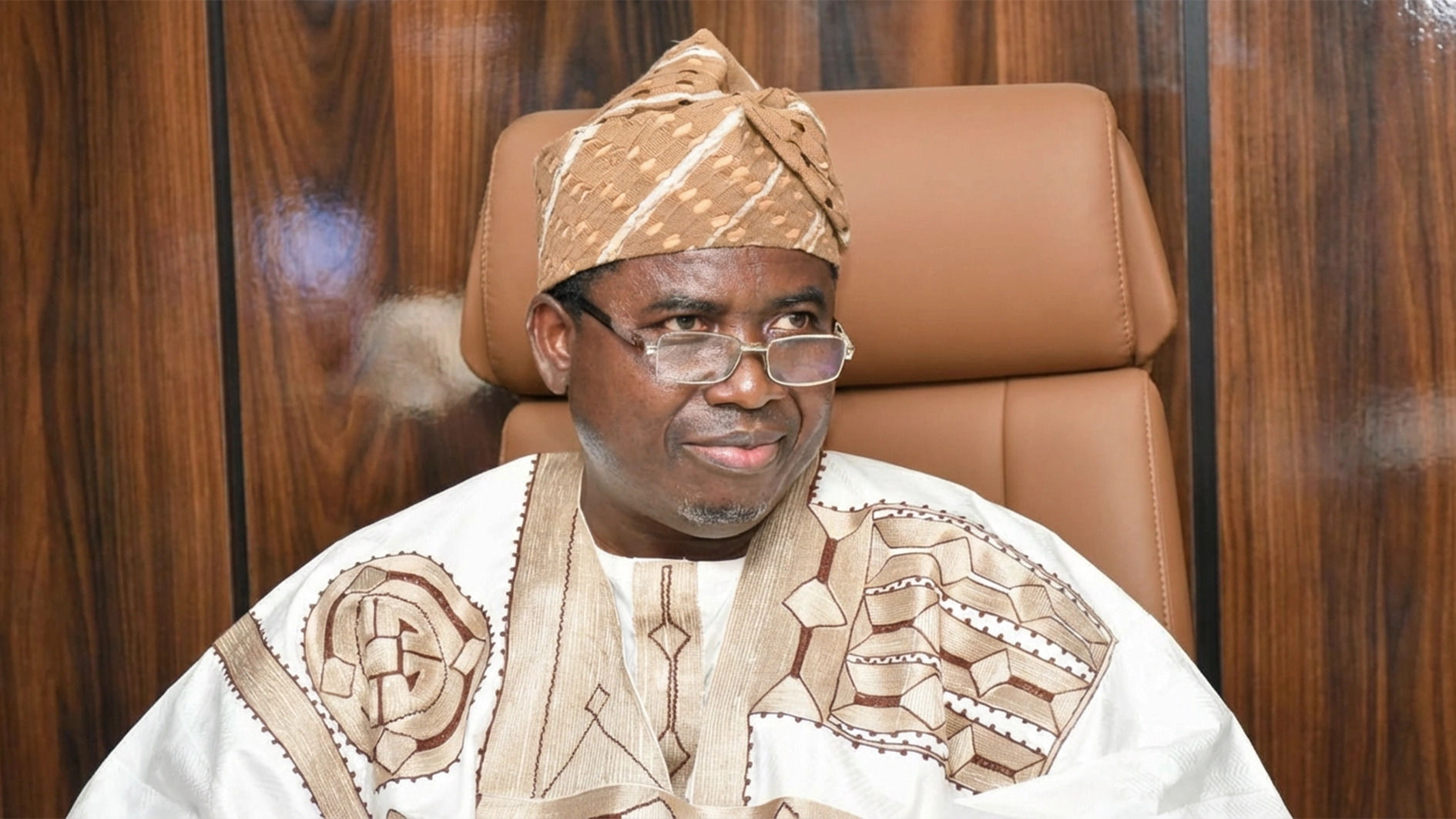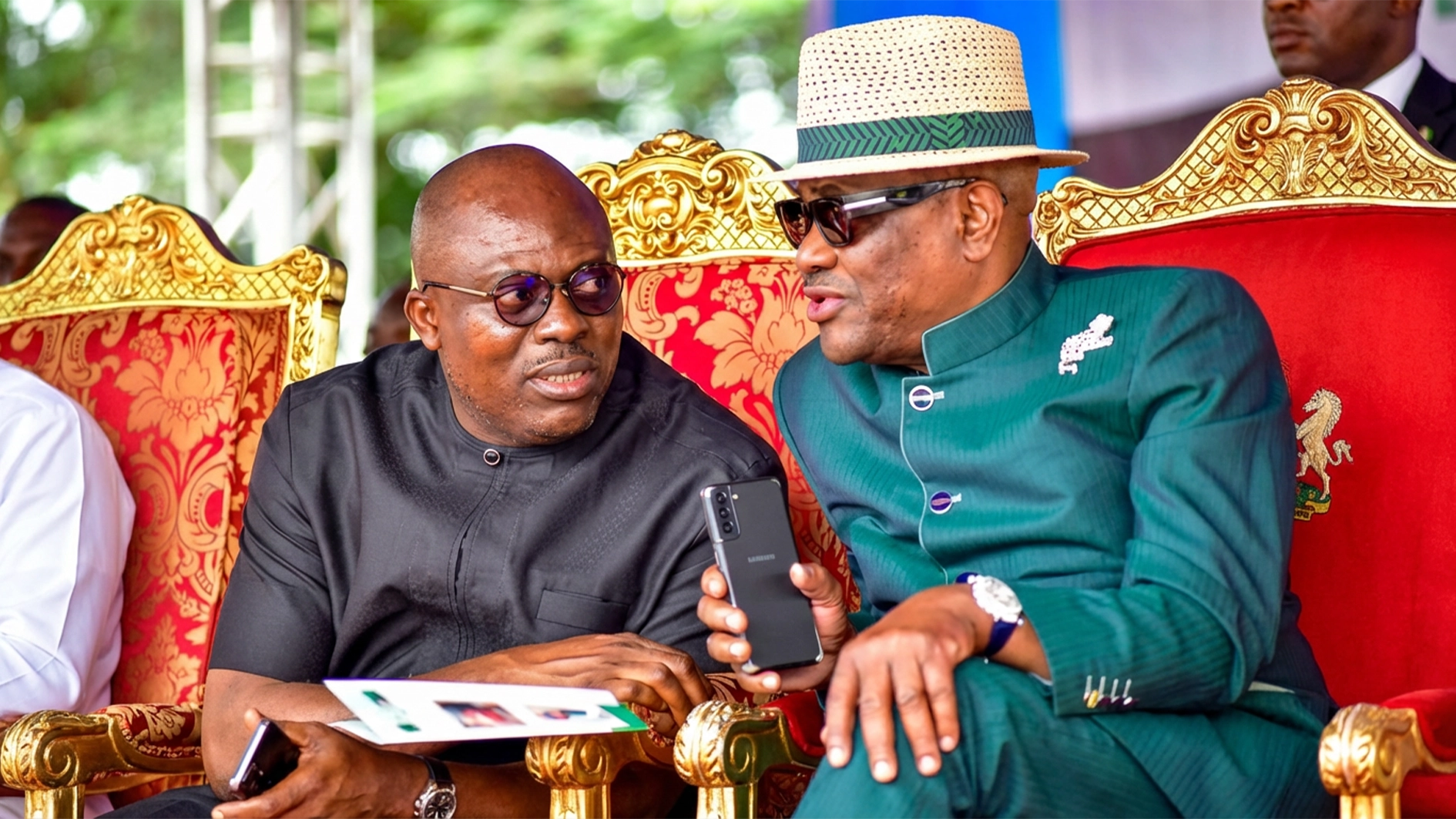 Funsho Doherty was the governorship candidate of the Action Democratic Congress (ADC) in Lagos at the 2023 general election until he decamped to the Peoples Democratic Party (PDP) recently. In this interview with KEHINDE OLATUNJI, he spoke on party politics and how President Bola Tinubu has been tackling symptoms but not the root cause of the crisis bedevilling the country.
Funsho Doherty was the governorship candidate of the Action Democratic Congress (ADC) in Lagos at the 2023 general election until he decamped to the Peoples Democratic Party (PDP) recently. In this interview with KEHINDE OLATUNJI, he spoke on party politics and how President Bola Tinubu has been tackling symptoms but not the root cause of the crisis bedevilling the country.
In the light of the current realities, what do you make of the President Bola Tinubu-led administration and its policies?
In my view, the current issues we face are undeniable, and it’s clear that some of these problems were inherited, while others are the result of cumulative actions by various administrations. However, this doesn’t excuse the challenges of governance. The government campaigned knowing these issues existed and had time to prepare strategies and policy measures.
I believe that policies like subsidy and foreign exchange are symptoms of underlying governance issues. Addressing these symptoms without tackling the root causes won’t bring lasting solutions. If I were to criticise the government, it would be on economic policy implementation, not the policies themselves.
For instance, removing subsidies without considering the consequences and implementing complementary measures is a failure of governance. This approach leads to hardships for the people and fails to address the underlying issues.
The root of economic problems lies in governance. After a few years, the effects of governance on economics become apparent. So, while we can debate economic policies, especially implementation, the more critical issue is governance. The gap in governance is significant, and until we address it, we’ll continue to deal with economic symptoms rather than solutions.
Some of the governance issues we need to address include the high cost of governance, self-interest among public officials, and inexplicable government actions that don’t serve the public interest.
We have instances where contracts are awarded without competitive bidding, such as the Lagos-Calabar Road project that worth tens of trillions of naira. This raises questions about how such actions can be justified as being in the people’s interest. It’s contradictory to claim to act in the public’s interest while engaging in non-transparent and potentially wasteful practices.
Governance remains a significant challenge, and our nation’s most pressing need is principled leaders who consistently act in the public interest. This administration’s actions have highlighted the importance of addressing this gap. We need leaders who prioritise transparency, accountability, and public’s interest above personal or special interests. Only then can we hope to see meaningful progress and development.
Accessing Governor Babajide Sanwo-Olu’s second term in office, what achievement do you think he has made so far, and what do you think he can improve on?
I think that question is best directed at Mr Sanwo-Olu himself to assess his progress. However, in my view, we’ve seen more of the same. I can’t point to anything particularly noteworthy. The model of governance remains the same as it has been since 1999, which we believe is an extractive model, rather than an inclusive one. We argue that Lagos needs to move towards an inclusive model of governance, built around empowering people to be productive. Productivity drives societal prosperity, and as a result, people themselves will become prosperous.
This approach ensures that resources aren’t concentrated in a few hands, but rather, the larger society generates wealth, benefiting everyone. There are various areas we can examine to demonstrate this, but that’s the core essence of our message.
You raised concerns about state government expenditure. Can you elaborate on it and suggest ways to address them?
What we did was to examine some of the government’s own records to identify contracts awarded and approved by the procurement agency. We highlighted a few that deserved further scrutiny due to unusual circumstances or lack of transparency. The government responded to some of these, but we found their responses inadequate or evasive in some cases, and unsatisfactory in others.
The key point is that the effectiveness and cost of governance are critical, especially in Lagos State, given its vast resources and large population. Mismanaging resources in Lagos has severe consequences, including a significant human cost. We believe there’s substantial room for improvement in government expenditure effectiveness, transparency, and serving broader interests, unlike the current governance model that focuses on narrow interests, concentrating resources in a limited segment.
What motivated you to dump Action Democratic Congress (ADC) for Peoples Democratic Party (PDP) and how will change in party impact your political career?
I contested for the governorship election on ADC platform in the last general elections, and it was my first time running. We had a good outing, and one of the feedbacks we received was that people felt we had a strong candidacy, but we needed a better platform. This isn’t surprising, given Nigeria’s first-past-the-post political system, which often leads to a two-party system.
To effectively challenge the incumbent, we need to be part of a unified opposition structure with a broader reach. Examining the political landscape, PDP offers a strong platform with its national scope, institutional structure, and history of being a robust and operative party, including its time as the ruling party. Therefore, I believe PDP provides the best platform to challenge the incumbent, building on the foundation we laid in the last election. This is the appropriate next step in our political journey – to consolidate and ultimately offer the people of Lagos a strong candidate and platform in subsequent elections, which is what people are looking for: a strong candidate on a platform that can deliver.
But PDP has always been there all the while, why have you decided to join now?
As I mentioned earlier, our initial outing was not just about testing the waters, but also about introducing ourselves, our values, and our mission to the people. We achieved that goal, thanks to the APC platform, which allowed us to compete in the primaries, emerge as a leading candidate, and engage with the public through debates and media appearances. By doing so, we demonstrated our commitment to our values and vision, even in the face of electoral challenges. Now, we are assessing our next steps, alw- ays keeping in mind our ultimate goal of enhancing governance in Lagos. We believe that our people deserve a strong candidate on a capable platform, and we are dedicated to providing that, hoping that they will accept our offer.
But if we are to consider the outcome of the last election, Labour Party (LP) performed better than PDP in Lagos State. Why not LP?
That’s a great question. As I mentioned earlier, PDP has an impressive institutional structure, national reach, and robust political engagement since 1999. It has been consistently fielding strong candidates, including governors, presidential contenders, and National Assembly representatives, across every election cycle.
While LP had a notable performance in the last election, it’s crucial to examine the sustainability of that success. Was it built on a broad, stable foundation or a specific candidacy? How robust and resilient is their structure? How broad and national is their reach? These factors are essential considerations. It’s not about merely switching parties, but rather thinking critically about your objectives, strategy, and where you’re headed. As I emphasised, you need both a strong candidate and a strong platform. Perhaps, one reason we haven’t achieved greater success in the past, aside from LP phenomenon, is that people didn’t perceive us as offering both a strong candidate and a strong platform.
How do you think your experience and skills align with PDP solution, and what contributions do you hope to make to the party?
I believe the most critical factor holding us back from achieving our potential, not just in Lagos State but nationwide, is the lack of principled leadership. We need leaders who will occupy positions of power and discharge their duties with integrity, prioritising public interest over self-interest. Throughout my career, I’ve demonstrated leadership by example, putting the needs of others first. My track record speaks for itself, from running national companies to managing billion in assets.
I’ve consistently shown that I can be trusted with power and resources. This is the kind of leadership we need, and it’s essential to have people with a strong character and a commitment to serving the public interest. It’s a collective effort, and the more individuals who embody these principles join the cause, the closer we’ll get to create the Lagos State and Nigeria we envision.
What contribution do you want to make to the party?
The most critical factor holding us back from achieving our potential, not just in Lagos State but nationwide, is the lack of principled leadership. We need leaders who will occupy positions of power and discharge their duties with integrity, prioritising the public interest over self-interest. I’ve demonstrated leadership by example, putting the needs of others first and my track record speak for itself. I’ve run national companies, managed billion in assets, and consistently shown that I can be trusted with power and resources.
I believe that the more people who embody these principles join the cause, the closer we’ll get to create the Lagos State and Nigeria we envision. My hope and expectation are to contribute to the leadership of the PDP, bringing my experience and expertise to help showcase a good alternative to the incumbency. I also aim to bring a spirit of reconciliation, helping to signal a new direction and provide a rallying point for the people of Lagos State.
Ultimately, by 2027, I believe that the PDP option will be a compelling choice for the people, and I hope to play a part in making that a reality.
What will you do differently?
Lagos State still grapples with numerous issues despite tremendous resources being invested over the last 25 years. Basic necessities like public water supply, quality education, and quality healthcare are still lacking. Even with primary health centers, quality healthcare remains a challenge. The transportation infrastructure is chaotic, and the mass transit rail system, touted by the present administration, has underperformed. After almost 20 years and billions of naira spent, the train has only carried 2 million trips in a year, averaging 5,000 trips per day, far below the estimated 150,000 trips per day.
Our approach is the TIGER agenda, which focuses on tax reform to drive prosperity, infrastructure development to support a modern mega city, including water, power, waste, and transportation infrastructure, and government reform. We aim to address these challenges and create a better future for Lagos State.
Government reform is about putting checks and balances in place to ensure that the government acts in the people’s interest. It’s about ending bad governance by holding corrupt officials accountable and aligning government actions with the people’s needs. We’ll improve public service conditions and use a combination of incentives and consequences to achieve this.
Our focus areas include education, healthcare, and the rule of law. In education, we’ll emphasise technical education to equip the workforce with skills and increase productivity. Currently, too few schools offer technical education, so we’ll expand this to make our society more inclusive and prosperous. Under our governance, Lagos will invest in its people, seeing them as assets rather than burdens. By investing in people, we’ll unlock their potential and create a prosperous society where everyone thrives.






